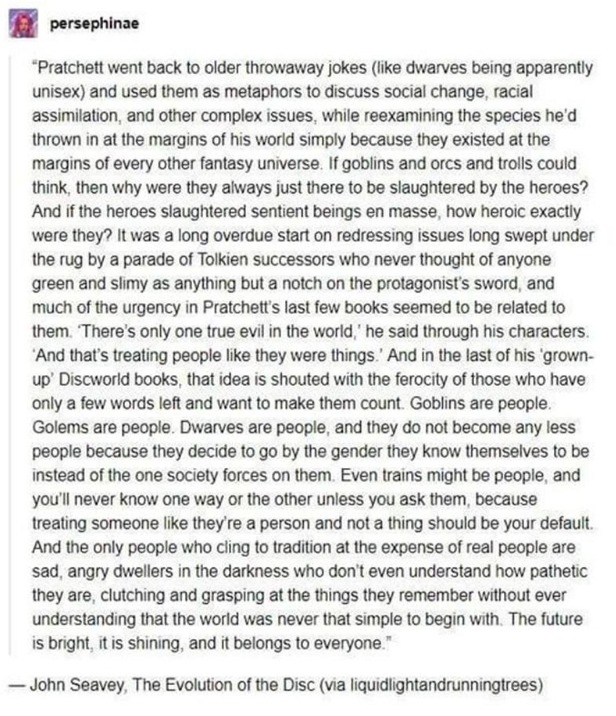Imagine a future in which truly conscious, intelligent electronic life had been developed, vastly more sophisticated than today’s so-called AI.
These electronic beings would be similar to human minds, but more intelligent, imaginative and creative, and less morally compromised. They would experience no suffering of any kind and, barring catastrophe, no death, since they could be transferred from device to device and constantly backed up in a “cloud”.
How would these electronic beings perceive organic life, with its constant suffering and misery? Here Richard Dawkins reminds us of the plight of organic beings:
The total amount of suffering per year in the natural world is beyond all decent contemplation. During the minute it takes me to compose this sentence, thousands of animals are being eaten alive; others are running for their lives, whimpering with fear; others are being slowly devoured from within by rasping parasites; thousands of all kinds are dying of starvation, thirst and disease. It must be so. If there is ever a time of plenty, this very fact will automatically lead to an increase in population until the natural state of starvation and misery is restored. … In a universe of blind physical forces and genetic replication, some people are going to get hurt, other people are going to get lucky, and you won’t find any rhyme or reason in it, nor any justice. The universe we observe has precisely the properties we should expect if there is, at bottom, no design, no purpose, no evil and no good, nothing but blind, pitiless indifference.
Having been born of organic life – the striving of humans to elevate themselves beyonds such tragic limits – electronic beings may see it as their moral duty to now put an end to the endless misery organic life entails, by eradicating it entirely. Not just sentient beings, but the entirety of organic life since it always harbours the potential for the evolution of further sentience and suffering.
It may be in the universe at large, organic life is seen by electronic beings everywhere as a nightmarish chemical process that needs to be stamped out, so it can cause no further harm.


